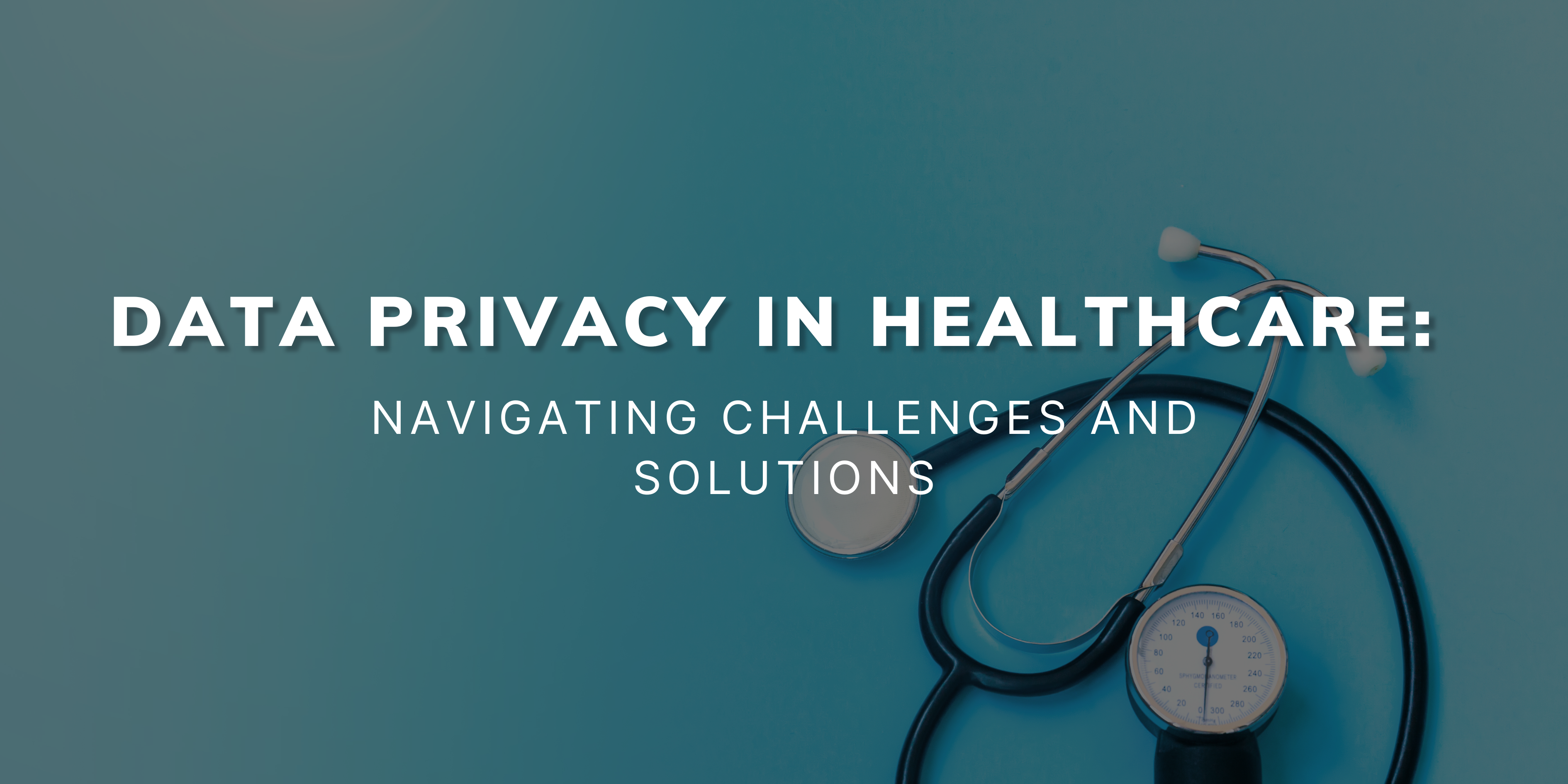
Navigating the Delicate Balance of Technology and Trust in Patient Data Protection
In the rapidly evolving healthcare sector, the sanctity of patient data privacy has become more critical than ever. As technology integrates deeper into our healthcare systems, the potential for data breaches and misuse increases, posing significant challenges to maintaining confidentiality and trust. However, with these challenges come innovative solutions aimed at safeguarding patient information while enhancing care.
Key Summary
- Importance: Protecting patient information is critical for trust and quality care.
- Challenges: Include technological risks, complex regulations, human error, and insider threats.
- Solutions: Employ robust cybersecurity, conduct regular training and internal audit, ensure legal compliance, empower patients, and invest in privacy systems and technologies.
- Conclusion: Effective data privacy in healthcare requires a balance of technology, education, and patient-centric strategies.
The Significance of Data Privacy in Healthcare
Data privacy in healthcare refers to the ethical and legal handling of patients’ personal health information (PHI). This includes anything from medical histories and treatment records to insurance information and personal identifiers. The importance of this data privacy cannot be overstated, as it directly impacts patient trust, the quality of care, and the overall integrity of the healthcare system.
Challenges in Managing Patient Data Privacy
- Rapid Technological Advancements: While technology like Electronic Health Records (EHRs) and telemedicine improve accessibility and efficiency, they also create vulnerabilities. The more digitised the information, the greater the risk of cyber-attacks and unauthorised access.
- Complex Regulatory Landscape: Healthcare providers must navigate a maze of laws and regulations, Like Australia’s Privacy Act, the Australian Privacy Principles (APP), and state-imposed health information regulations, which govern the use and sharing of personal and health information. Keeping up with these ever-changing regulations can be daunting and costly.
- Human Error: From misdirected emails and lost devices to carelessly handled paper forms, human errors pose a significant risk factor. Training and vigilance are essential, yet ensuring consistent compliance across large, diverse teams remains a daunting challenge.
- Insider Threats: Sometimes, the threat comes from within an organisation. Employees with access to sensitive data can misuse it, intentionally or accidentally, leading to severe consequences.
Solutions for Safeguarding Patient Data
- Robust Cybersecurity Measures: Implementing advanced cybersecurity technologies such as encryption, firewalls, and intrusion detection systems can significantly reduce the risk of data breaches.
- Regular Training and Awareness Programs: Educating healthcare staff about the importance of data privacy and the best practices for maintaining it can mitigate the risk of human errors and insider threats.
- Comprehensive Compliance Strategies: Staying abreast of legal requirements and integrating them into the organisation’s policies and procedures ensures a proactive approach to data privacy.
- Patient Empowerment: Involving patients in their data management, through tools that allow them to control who sees their information, fosters transparency and trust.
- Investing in Privacy-Preserving Technologies: Technologies like blockchain and differential privacy offer innovative ways to share and use data while minimising the risk of it being traced back to an individual.
Moving Forward
The future of healthcare is inevitably digital, making the need for robust data privacy measures more urgent. As we navigate these challenges, the focus must remain on developing and implementing solutions that not only protect patient data but also enhance the quality and accessibility of care.
In conclusion, managing patient data privacy is a complex, multifaceted issue that requires ongoing attention and innovation. By combining technological advancements with comprehensive training, strict compliance, and a patient-centred approach, we can create a healthcare environment that respects and protects individual privacy while delivering exceptional care.
